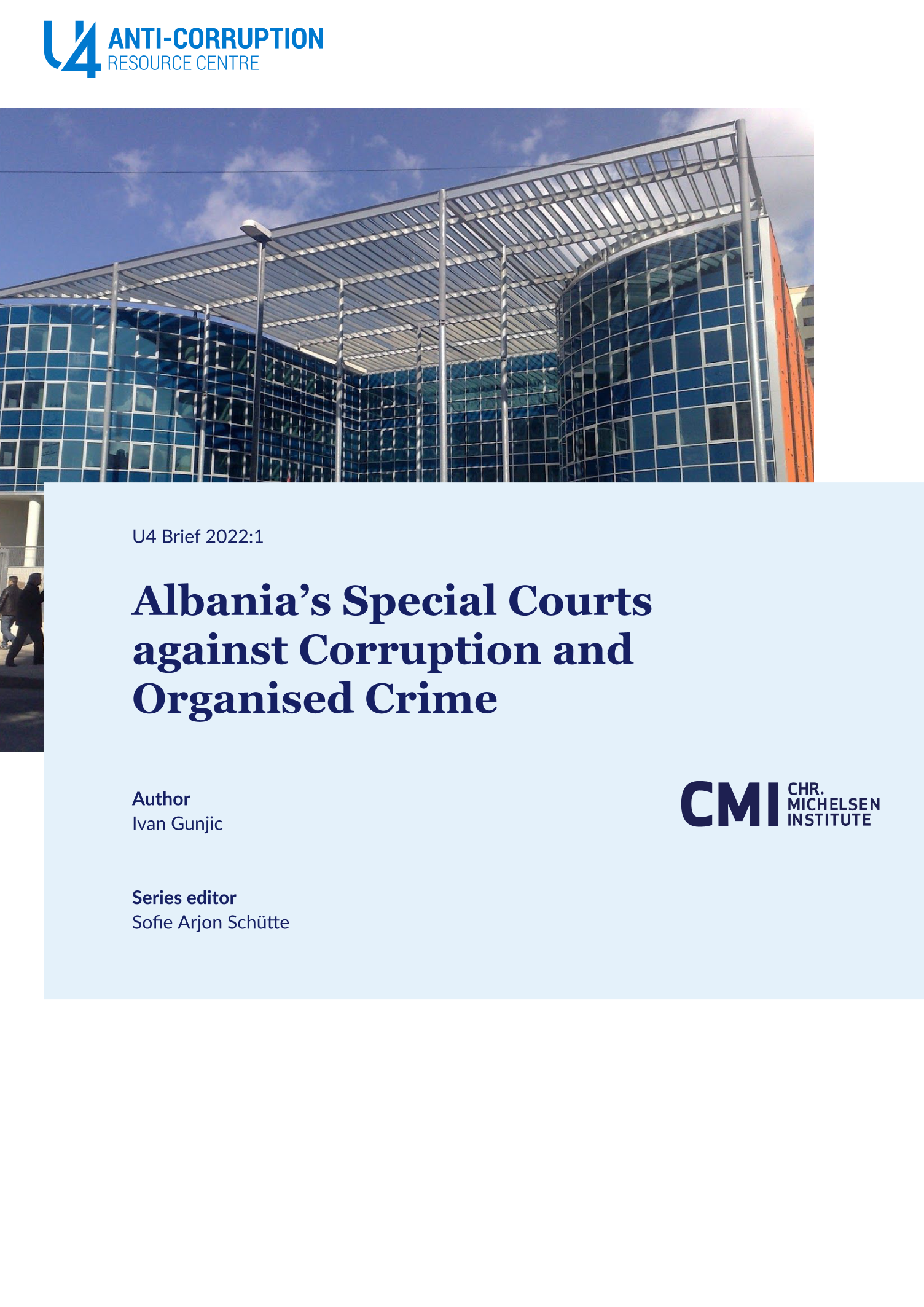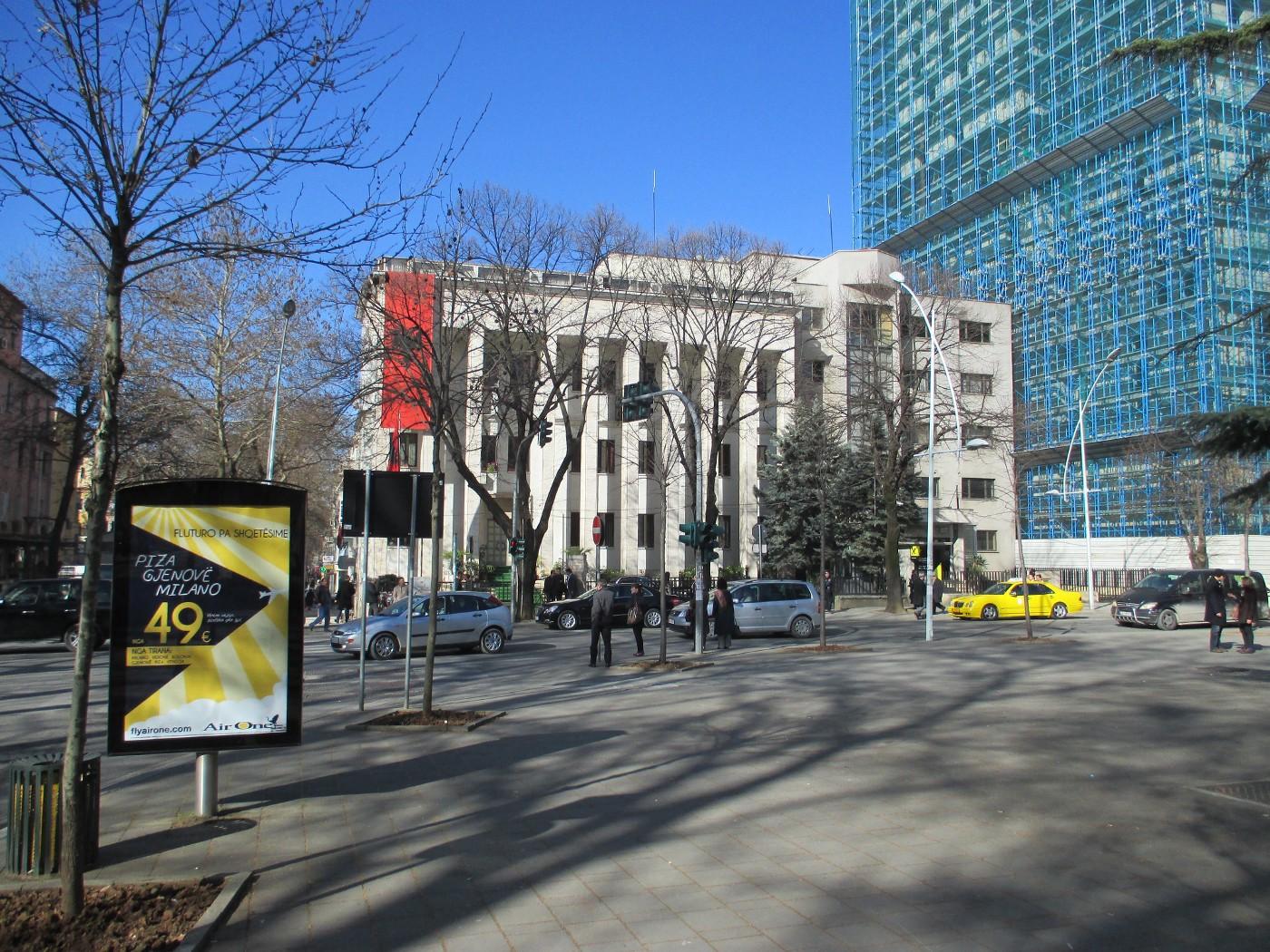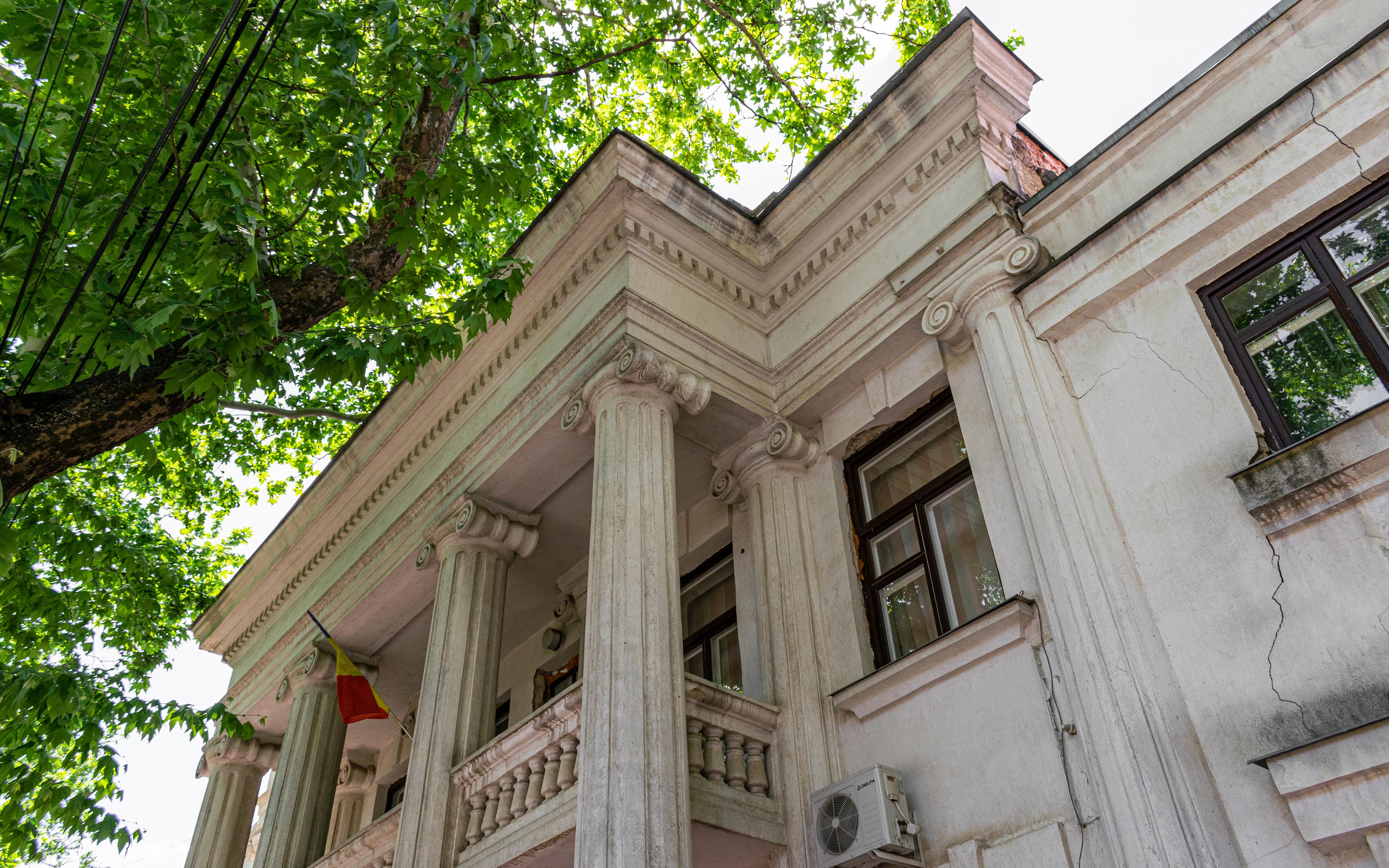This publication is also available in Albanian.
The translation of this Brief was supported by the University of Zurich.
Main points
- The Special Courts against Corruption (SPAK – from its Albanian acronym) were established as part of a separate structure for the investigation, prosecution, and adjudication of corruption and organised crime cases, created by a constitutional reform package in 2016. The courts began operations in 2019.
- The impetus for establishment of the SPAK Courts came from an expert group that devised the overall architecture of the constitutional reform. International stakeholders also had substantial influence.
- The most distinctive feature of the SPAK Courts is a review mechanism for monitoring their personnel’s telephone, text, and email communications, based on constitutional law. Implementing rules for the mechanism appear to be still in development.
- The operation of the SPAK Courts is challenged by controversy over their jurisdiction, as well as by staff shortages.
- The success of the SPAK Courts is inherently linked to the progress of the overall judicial reforms.


